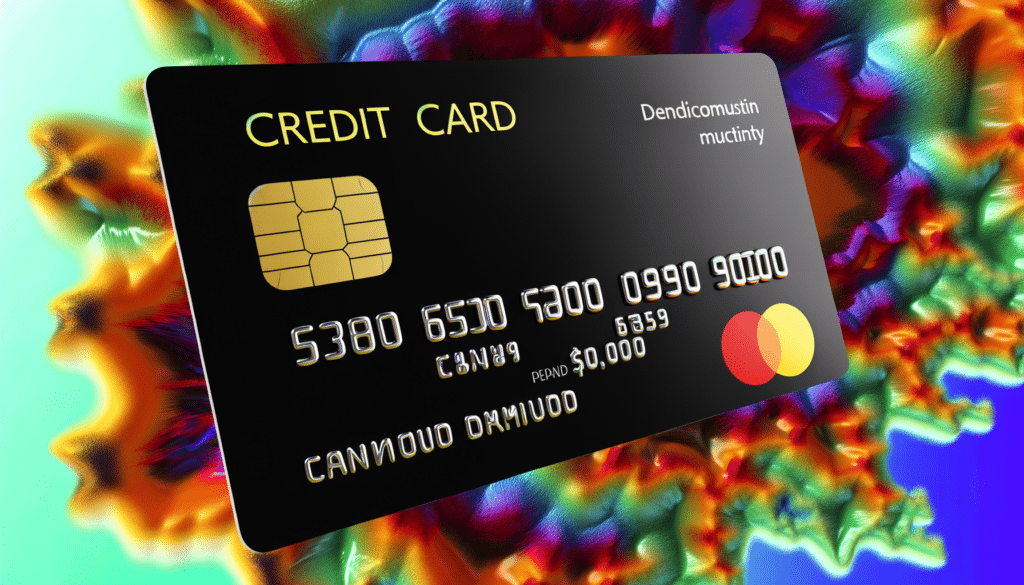Choosing the Right Credit Card
With myriad options available in the market, selecting the suitable credit card for your needs can be daunting. To make an informed decision, consider factors like interest rates, fees, reward programs, and credit limits. For instance, if you frequently travel, a credit card with travel rewards might be beneficial. Conversely, if you prefer cashback on everyday purchases, a card offering high cashback rates on groceries and gas could be more appropriate. It’s also essential to review the terms and conditions associated with the credit card, as they can provide insights into potential hidden costs and clauses. By evaluating your spending habits and financial goals, you can choose a credit card that aligns with your needs.
Maximizing Credit Card Rewards
One of the major perks of credit cards is the rewards system they offer, which can range from cashback, travel miles, to points redeemable for various goods and services. To maximize these rewards, it’s important to understand your card’s reward structure and how to accumulate points effectively. For example, some cards offer higher rewards for specific categories of spending such as dining, travel, or groceries. Regularly reviewing your credit card statements can help identify where you can earn more rewards. Also, watch out for bonus periods and sign-up bonuses that can significantly boost your reward earnings. Properly leveraging these reward systems can lead to substantial savings and additional benefits.
Managing Credit Card Debt
While credit cards offer many benefits, they can also lead to significant debt if not managed wisely. It’s crucial to keep track of your spending and ensure you don’t spend beyond your means. Paying off the full balance every month can help avoid interest charges and maintain a healthy credit score. If carrying a balance is unavoidable, prioritize high-interest debt to minimize interest payments. Furthermore, setting up automatic payments can help in managing due dates and avoiding late fees. There are also various financial tools and apps available that can help monitor your spending and debt levels, keeping you on track with your repayments.
The Impact of Credit Cards on Your Credit Score
Your credit score is a critical aspect of your financial health, and credit cards play a significant role in shaping it. Responsible usage of credit cards, such as paying bills on time and maintaining low balances, positively impacts your credit score. On the other hand, late payments and high credit utilization rates can harm your score. It’s advisable to keep your credit card balances below 30% of your credit limit to maintain a good credit utilization rate. Regularly reviewing your credit report for errors and staying updated on your credit score can help detect issues early. A good credit score can open doors to better financial opportunities, such as loans with favorable interest rates and insurance premiums.

